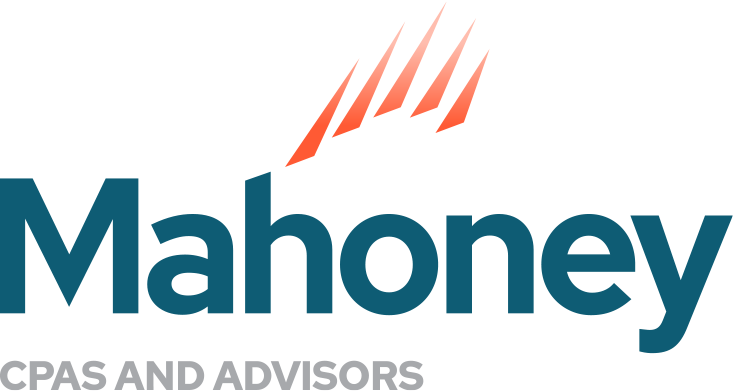
New Voluntary Disclosure Program for Employers that Filed Dubious ERC Claims
As part of its continuing fight against questionable Employee Retention Credit (ERC) claims, the IRS recently announced a voluntary disclosure program for employers. Under the program, businesses can “pay back the money they received after filing ERC claims in error,” the IRS explains.
The program, announced December 21, 2023, came two months after the IRS ordered a moratorium through at least the end of 2023 on processing new claims for the COVID-19 relief program. The tax agency stated that the move was made “to protect honest small business owners from scams” and to safeguard the tax system from fraud.
IRS Commissioner Danny Werfel ordered the moratorium following growing concerns from inside the tax agency and from tax professionals that a substantial share of claims from the program were ineligible. In addition, the IRS stated that businesses were increasingly being put “at financial risk by being pressured and scammed by aggressive promoters and marketing.”
How the New Program Works
The special voluntary disclosure program is scheduled to run through March 22, 2024. If the IRS accepts a business into the program, the employer will need to repay only 80% of the credit money it received. If the IRS paid interest on the employer’s ERC refund claim, the employer doesn’t need to repay that interest.
Here are some more details about the program:
- The IRS chose an 80% repayment amount because many of the ERC promoters charged a percentage fee that they collected at the time (or in advance) of the payment, and the recipients never received the full credit amount.
- The IRS won’t charge program participants interest or penalties on any credits they repay. However, if the employer is unable to repay the required 80% of the credit at the time of signing the closing agreement, then the employer will be required to pay penalties and interest in connection with entering into an installment agreement.
- Employers that are unable to repay the required 80% of the credit may be considered for an installment agreement on a case-by-case basis, pending submission and review of an IRS form that requires businesses to disclose a significant amount of financial information.
Qualifications to Apply
The be eligible for this program, the employer must provide the IRS with the names, addresses, and telephone numbers of any advisors or tax preparers who advised or assisted them with their claims and details about the services provided.
There are also other qualifications, including:
- The employer can’t be under criminal investigation and can’t have been notified that it’s under criminal investigation.
- The employer can’t be under an IRS employment tax examination for the tax period for which the business is applying to the voluntary disclosure program.
- The employer can’t have received an IRS notice and demand for repayment of part or all of ERC.
- The IRS can’t have received information from the third party that the taxpayer isn’t in compliance or hasn’t acquired information directly related to the noncompliance from an enforcement action.
Much Needed Relief
Commissioner Werfel said the disclosure program “provides a much-needed option for employers who were pulled into these claims and now realize they shouldn’t have applied.” He added that the IRS has heard that many employers are eager to correct their errors but “remain concerned about their ability to pay back the portion of the credit that has been lost to the promoter that brought them into this mess.”
Not only will employers receive financial relief from the program but the IRS will receive “information on promoters who created this situation by aggressively pushing people to apply for the credit,” Werfel said.
There’s an application form that employers must file to participate in the program and other rules apply. Contact your tax advisor for more information.
© 2023
ERC Basics
When properly claimed, the Employee Retention Credit (ERC) is a refundable tax credit designed for businesses that continued paying employees during the COVID-19 pandemic. The complex credit isn’t available to individuals.
The IRS reports it has received approximately 3.6 million claims over the course of the program.
The credit has precise requirements. Employers can claim the ERC on an original or amended employment tax return for qualified wages paid between March 13, 2020, and Dec. 31, 2021. However, to be eligible, employers must have:
- Sustained a full or partial suspension of operations due to orders from an appropriate governmental authority limiting commerce, travel or group meetings because of COVID-19 during 2020 or the first three quarters of 2021,
- Experienced a significant decline in gross receipts during 2020 or a decline in gross receipts during the first three quarters of 2021, or
- Qualified as a recovery startup business for the third or fourth quarters of 2021.
© 2023
ADDRESS
10 River Park Plaza, Suite 800
Saint Paul, MN 55107
(651) 227.6695
Fax: (651) 227.9796
info@mahoneycpa.com
© 2024 Mahoney | Privacy Policy
Mahoney Ulbrich Christiansen & Russ, PA



